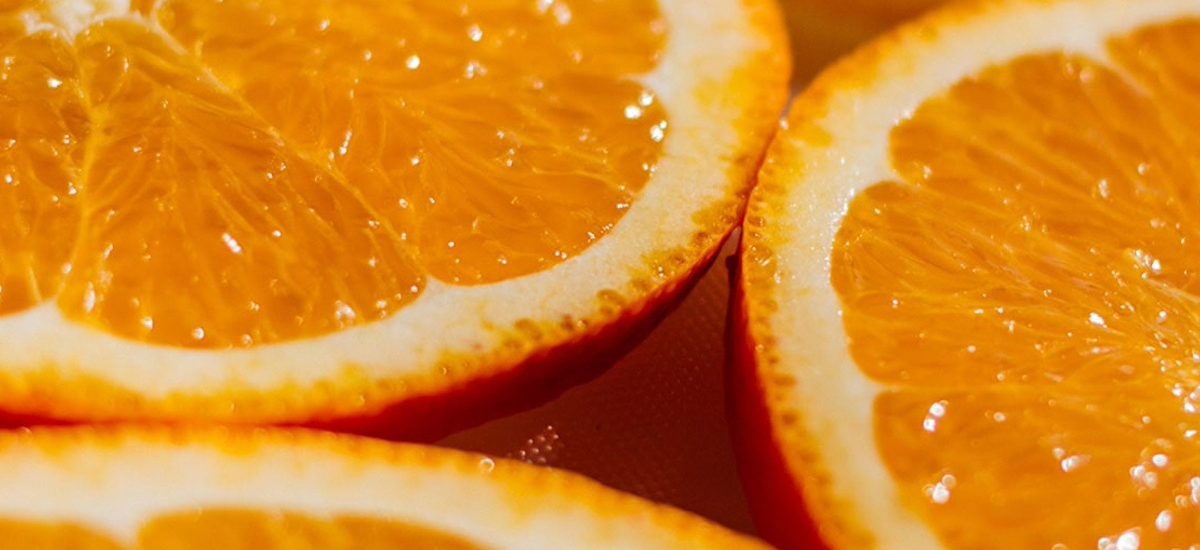8 Antioxidants for Eye Health

It’s true: antioxidants are beneficial for your eyes. But with so many options, you might wonder which ones you should start with.
Let’s examine eight antioxidants for eye health (along with their food sources) so that you’ll know just what to add to your shopping cart.
8 Antioxidants for Eye Health
According to the American Optometric Association (AOA), consuming antioxidants may lower your probability of getting age-related macular degeneration (AMD) and cataracts. And if you have these conditions already, antioxidants may reduce their speed. The key is to consume them in a healthy, well-rounded diet.
Here are eight antioxidants for eye health:
#1:Beta-Carotene
Beta-carotene is a type of carotenoid, located in produce, such as carrots. It’s important to help you see at night, and it works in combination with other antioxidants to provide you with the best eye health.
#2:DHA and EPA
DHA and EPA are omega-3 fatty acids, which benefit your eyes just as much as your body. They’re fundamental to your eyesight and retina, according to the AOA. Having too little omega-3s in your diet can put you at a higher risk for AMD, diabetic retinopathy, and dry eye syndrome, among other conditions. You’ll find DHA and EPA in fish, such as salmon and tuna.
#3:GLA
Like DHA and EPA, GLA is another fatty acid that can affect your eye health and help with dry eyes–only it’s an omega-6 versus an omega-3. To increase your GLA intake, we recommend incorporating the following foods into your diet: peanut butter, safflower oil, and walnuts.
#4:Lutein and Zeaxanthin
These antioxidants work together to siphon through and defend your eyes against blue light. They can also decrease your chances of developing AMD and cataracts, and if you already have them, they may make it easier for you to overcome your symptoms. Cooked kale and spinach are two of the top sources of lutein and zeaxanthin.
#5:Vitamin A
This nutrient is vital to your eyesight, supporting the development of “pigments” for your retina. If you don’t have enough vitamin A in your diet, you may be at risk for vision loss during the evening hours. Vitamin A is also beneficial for keeping your cornea hydrated. To consume more of this nutrient, we recommend cantaloupes, carrots, and sweet potatoes.
#6:Vitamin C
If AMD or cataracts run in your family, vitamin C should be one of the first antioxidants you turn to for eye health. When consumed with other eye-healthy antioxidants, it can decelerate your eyesight deterioration due to age-related eye diseases. It can also benefit your eye blood vessels. You may find vitamin C in freshly squeezed grapefruit or orange juice, as well as in spinach and tomatoes.
#7:Vitamin E
Like the other antioxidants, vitamin E may put a stop to AMD and cataracts–and how fast they develop. This antioxidant can also benefit your cells and immune system, according to the AOA. Some of the best foods for vitamin E are almonds, sunflower seeds, and vitamin-enriched cereals.
#8:Zinc
Zinc is fundamental to your eye health in that it helps get vitamin A to your retina, an important step in creating melanin. Some research has shown that consuming zinc with beta-carotene, vitamin C, and vitamin E, can decelerate AMD by up to 25 percent in those with high odds of getting the disease. Turn to beans, chicken, eggs, and red meat for your daily dose of this antioxidant.
Summary: Best Nutrients for Eyesight Improvement and General Ocular Health
When it comes to your eye health, vitamins and minerals should be a top priority. The right nutrients can help with symptoms of age-related eye diseases and benefit other elements of your ocular health, including how your retina works.
Here are eight antioxidants for eye health:
- Beta-carotene
- DHA and EPA
- GLA
- Lutein and zeaxanthin
- Vitamin A
- Vitamin C
- Vitamin E
- Zinc
You may supplement these antioxidants, but it’s just as easy to get them from whole foods. Give them a try today.
Book your eye exam at For Eyes
Have you had your annual comprehensive eye exam? Schedule an appointment with an Independent Doctor of Optometry at your local For Eyes.








